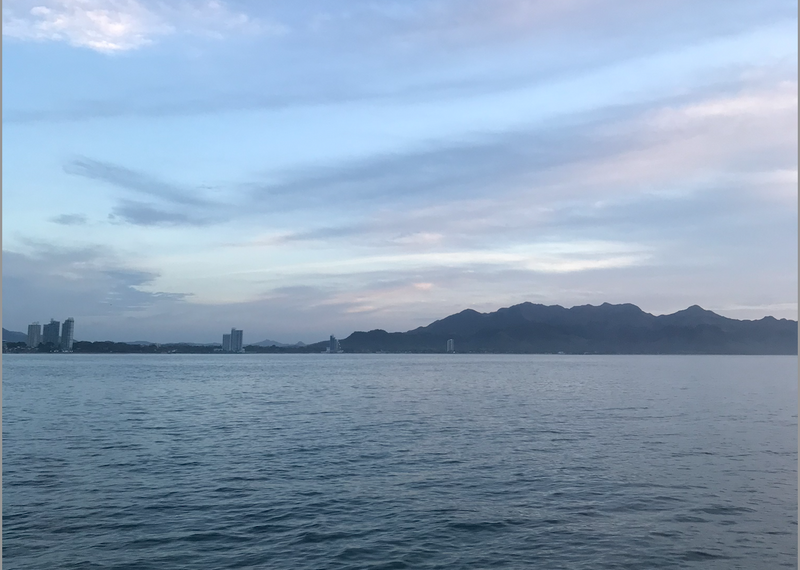Panama’s Upwelling Fails for First Time on Record

The Gulf of Panama experienced a failure of its annual upwelling event for the first time on record in 2025, as detailed in a study led by the Smithsonian Tropical Research (STRI).
Upwelling, which typically occurs during the dry season in Panama due to northern trade winds, is crucial for bringing cold, nutrient-rich waters to the ocean surface. The absence of this process has raised concerns about the impact of climate change on vital oceanic systems and the communities that depend on them.
The STRI study published in the ’Proceedings of the National Academy of Sciences’ reveals a significant weakening of trade winds as the primary factor behind this unprecedented event. The research highlights the vulnerability of the upwelling system, which plays a key role in sustaining Panama’s productive fisheries and protecting coral reefs from thermal stress.
For over 40 years, the seasonal upwelling in the Gulf of Panama has been a reliable occurrence, essential for maintaining cooler sea temperatures along Panama’s Pacific beaches. However, the absence of this oceanographic process in 2025 resulted in warmer waters and a decrease in marine productivity, impacting local fisheries that rely heavily on these conditions.
The findings underscore the urgent need to enhance ocean-climate observation and prediction capabilities in tropical regions, which are becoming increasingly susceptible to climate-induced changes. The study also marks a significant milestone in the collaborative efforts between the S/Y Eugen Seibold research vessel, operated by the Max Planck Institute, and STRI.
Further investigation is necessary to develop adaptive strategies for the affected coastal communities. As the global climate continues to evolve, the monitoring and preservation of these critical marine processes have become more imperative than ever.
